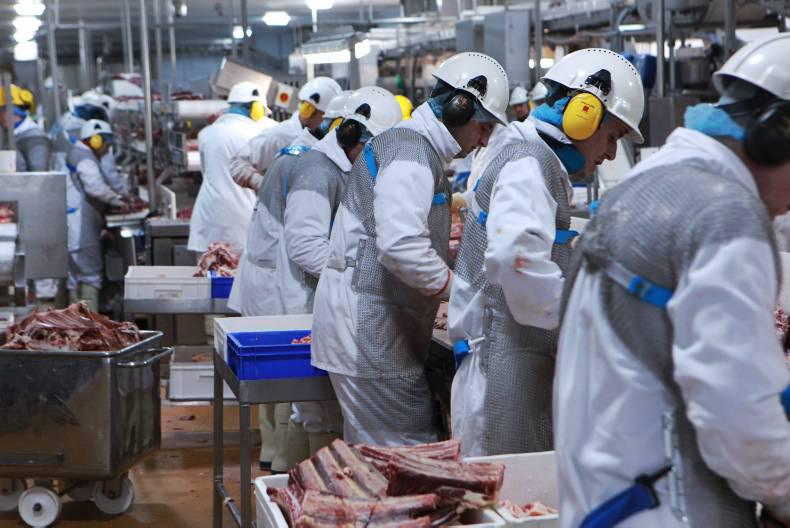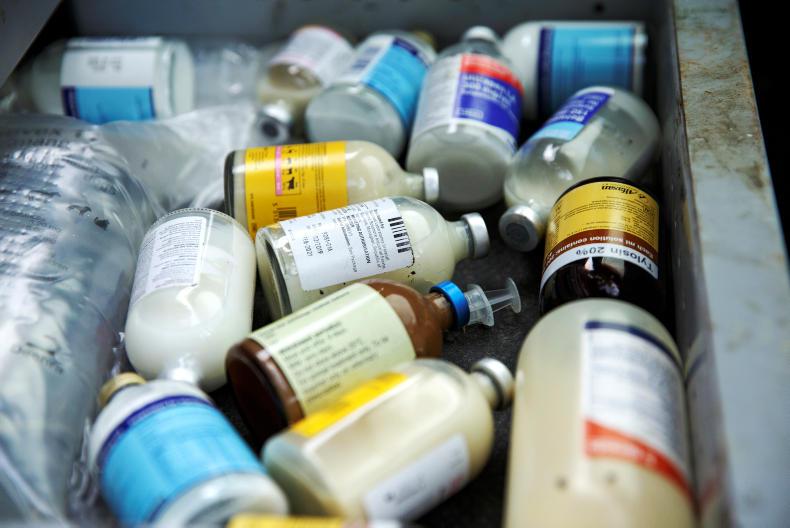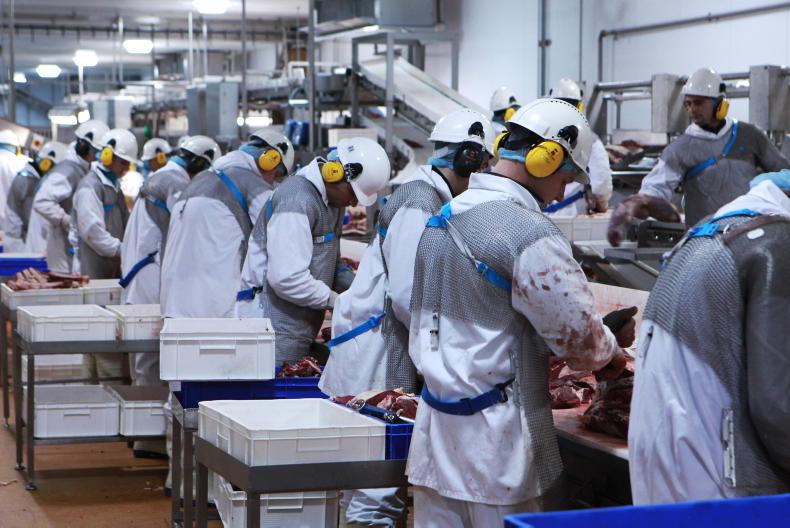The deal between ABP Food Group and the Linden Foods Group is strategic. For Linden, the 50:50 joint venture will allow its Slaney Foods business to capitalise on the global reach of the ABP Food Group.
As the potential for Irish beef exports extends beyond Europe, routes to market become increasingly complex. Developing the US and Chinese markets will not only require scale but also heavy investment in brand development and the marketing necessary to secure new customers.
While a significant player in the Irish beef and sheep market, Slaney Foods, as a sole entity, would have struggled to develop its reach into these new markets, despite 92% of its sales coming from exports.
From ABP’s perspective, the 50% share in Slaney Foods reinforces their partnership with the major retailers in Ireland and the UK, while it also presents opportunities with some new and potentially very lucrative customers.
Existing customers
ABP already has a portfolio of customers that are the envy of many in the meat industry, particularly with the major retailers. In most western retail grocery markets, the sector is typically dominated by three or four supermarket chains which together account for over three quarters of retail food sales.
In Ireland, the €9bn valued retail grocery market is no different, with Supervalu, Tesco and Dunnes Stores accounting for more than 72% of market share, while the two German discounters make up another 17%.
Of these, ABP already supplies beef to Tesco and Aldi. However, the newly acquired share in Slaney will bring ABP into partnership with the other German discounter Lidl, which is the key retail partner for Slaney in Ireland. Tesco is also a customer of Slaney and Irish Country Meats (ICM), as is the more upmarket retailer Marks & Spencer, although volumes are smaller as it is more niche.
In Europe, Slaney has contracts with Albert Heijn and Delhaize, giving it route to markets such as Holland, Italy and Sweden.
Listen to a discussion of the ABP-Slaney deal in our podcast below:
However, for ABP, the truly lucrative customers are to be found in the UK where the major retailers require much larger volumes of meat than in Ireland.
Valued at more than £177bn (€244bn) in 2014, the UK retail sector is dominated by the four big supermarkets – Tesco, Asda, Sainsbury’s and Morrisons – which control 75% of the market. ABP already supplies the majority of these retailers, particularly Asda and Sainsbury’s, which it has been a major supplier to for more than 50 years.
Another key partnership for ABP is with Tesco, which it supplies with pre-packed beef and Irish Angus counter beef products. Tesco serves the Louth-based meat processor as a route to market not only in Ireland and the UK but also to Eastern Europe.
It is estimated that Tesco purchases up to €177m of Irish beef exports per annum, or 14% of total beef exports, with a significant amount of this destined for the UK market.
The share in Slaney will help ABP to reinforce these partnerships with key customers as the move strengthens ABP’s supply chain and reduces the group’s need for inter-trading with other processors.
The Slaney Foods beef processing facility at Bunclody has the capacity to slaughter 85,000 head per annum, or 6% of the national kill, bringing ABP’s total share of the cattle market close to an estimated 30%.
This increased supply security, coupled with the state-of-the-art cattle slaughter and de-boning facility operated by Slaney (some €20m has been invested in the site since 2001), only serves to strengthen ABP’s partnerships with the major retailers.
Potential new customers
While ABP already deals with the majority of Slaney Foods’ retail partners in Ireland, the UK and Europe, there is one customer which is supplied by Slaney that management in ABP may view as having significant potential.
Slaney has held a contract with McDonald’s since the early 2000s, supplying forequarter minced meat for McDonald’s burgers in its UK restaurants.
One in five McDonald’s burgers eaten throughout Europe are produced from Irish beef and it is a highly lucrative contract, as seen when Dawn Meats secured a €300m deal in 2012 with the fast-food outlet, supplying 18,000 tonnes of beef annually.
While the volumes supplied by Slaney are not disclosed, ABP will surely relish the chance to work with as large a customer for Irish beef as McDonald’s, particularly when the UK is one of McDonald’s more resilient markets at a time when sales are falling in others.
Another opportunity afforded to ABP through this deal is the strong brands Slaney has built up over the years. An estimated 30% of sales come from branded beef products while the remaining 70% of sales are through private label or manufacturing beef.
The group has built some very strong brands like its Slaney Gold and Slaney Valley beef ranges. It also offers an organic option, which is small in the overall picture but has been fundamental for Slaney in opening doors on export markets in the past.
The 50% stake in Slaney also further increases ABP’s focus on the sheep meat business. Prior to 2011, ABP processed an average of 180,000 sheep per annum at its ABP Lurgan site in Northern Ireland.
However, the group acquired RWM Food Group in Britain in 2011 which increased sheep throughput for the group to over one million head per annum, while ICM currently controls around 40% of the Irish sheep kill, with a throughput close to 900,000 head, with processing facilities in Belgium also.











SHARING OPTIONS